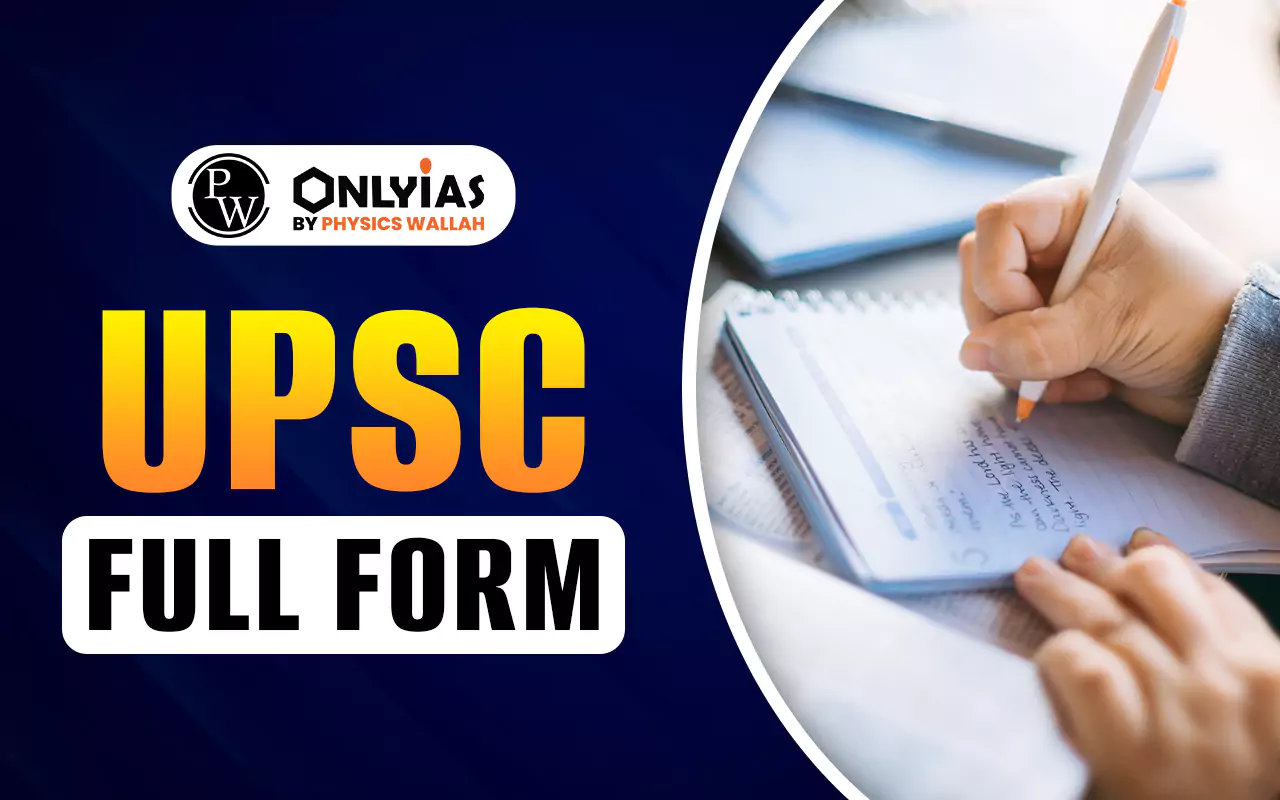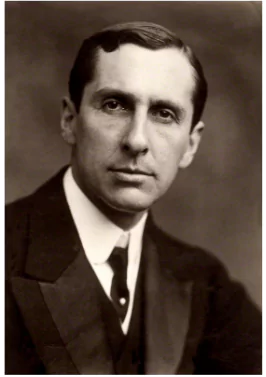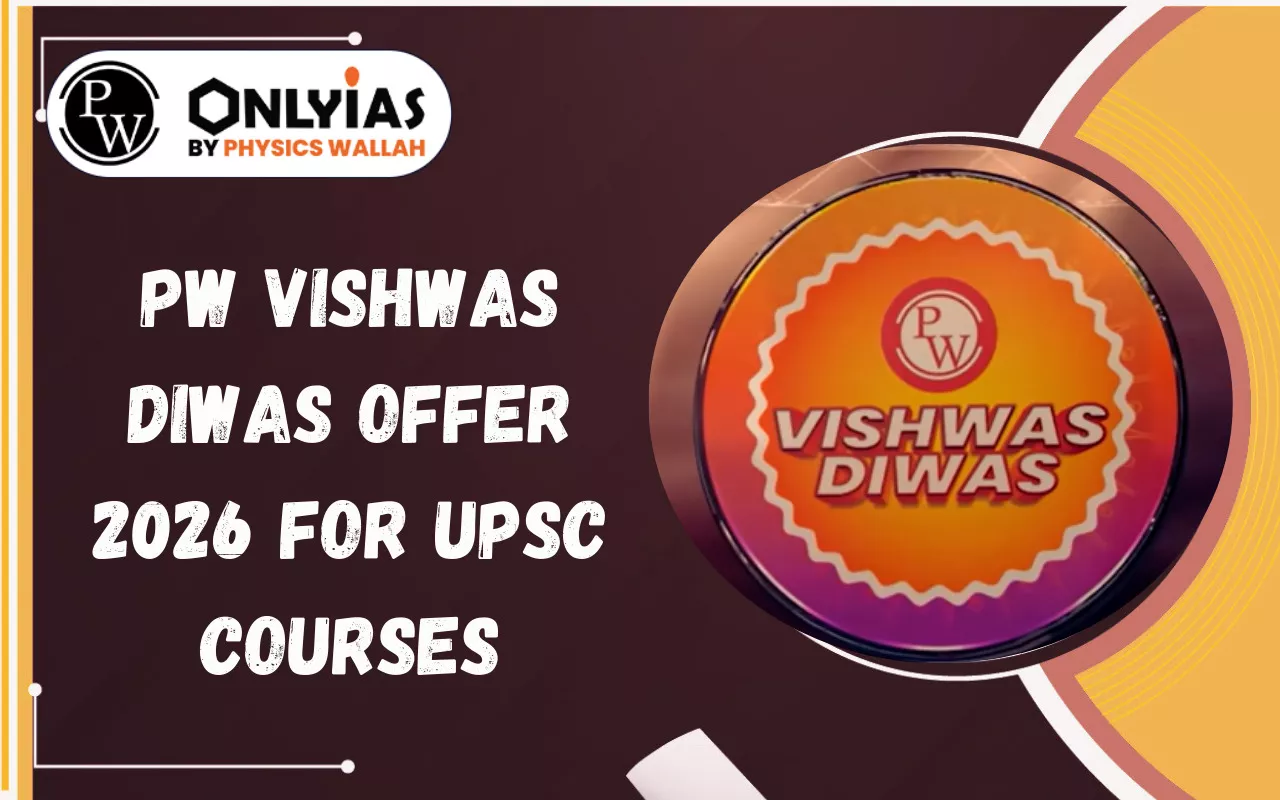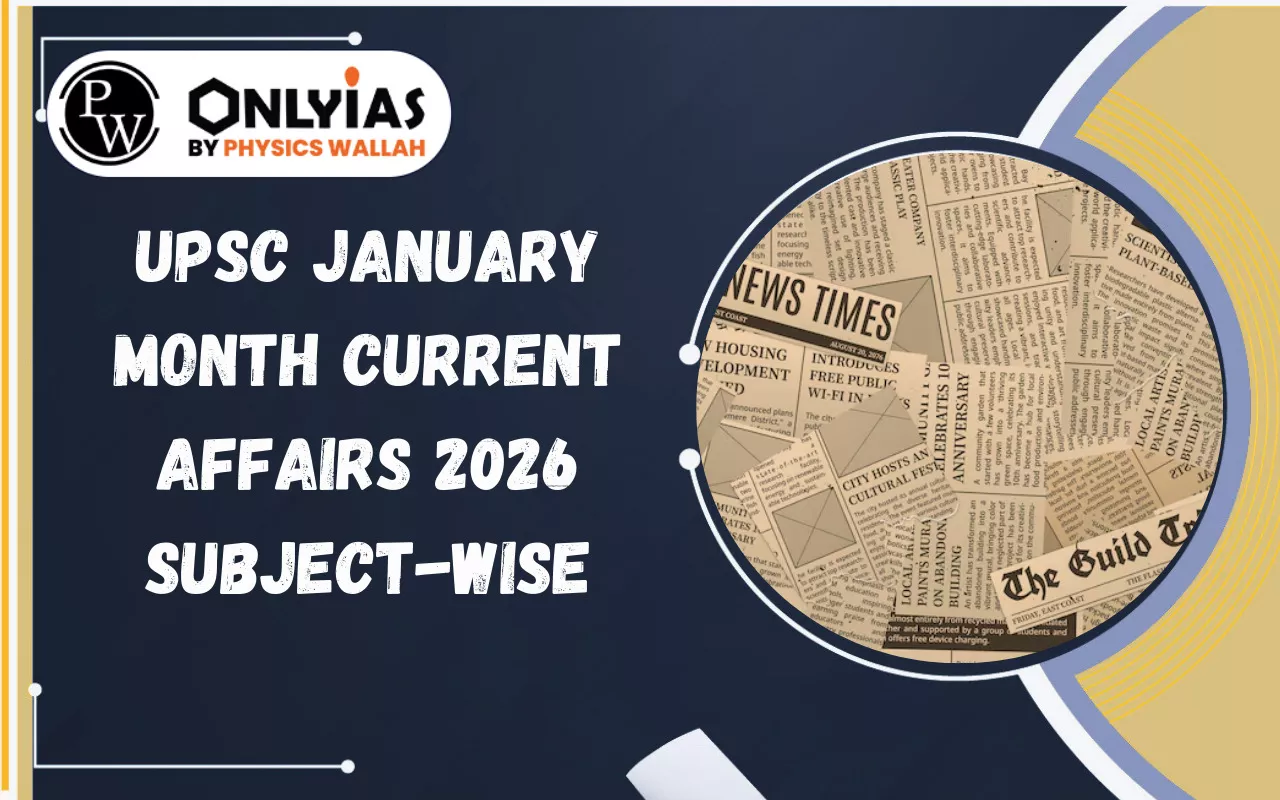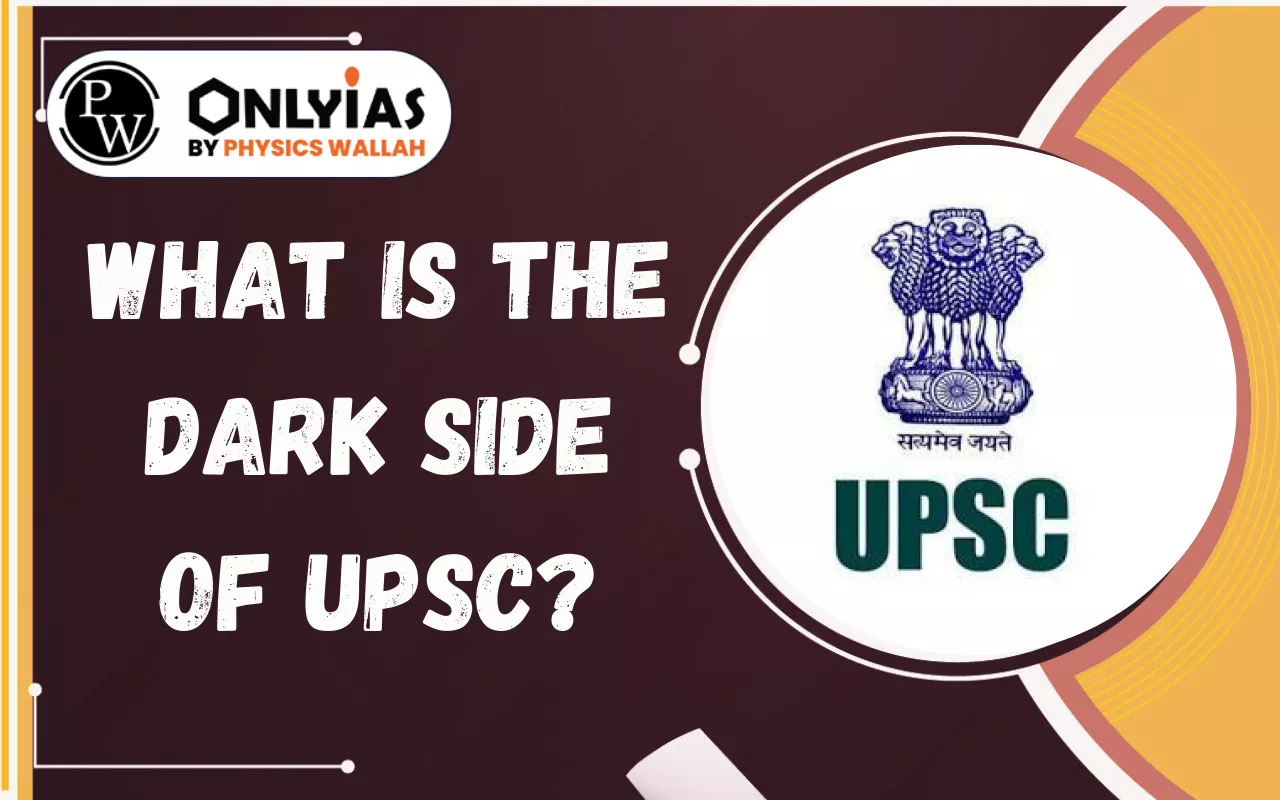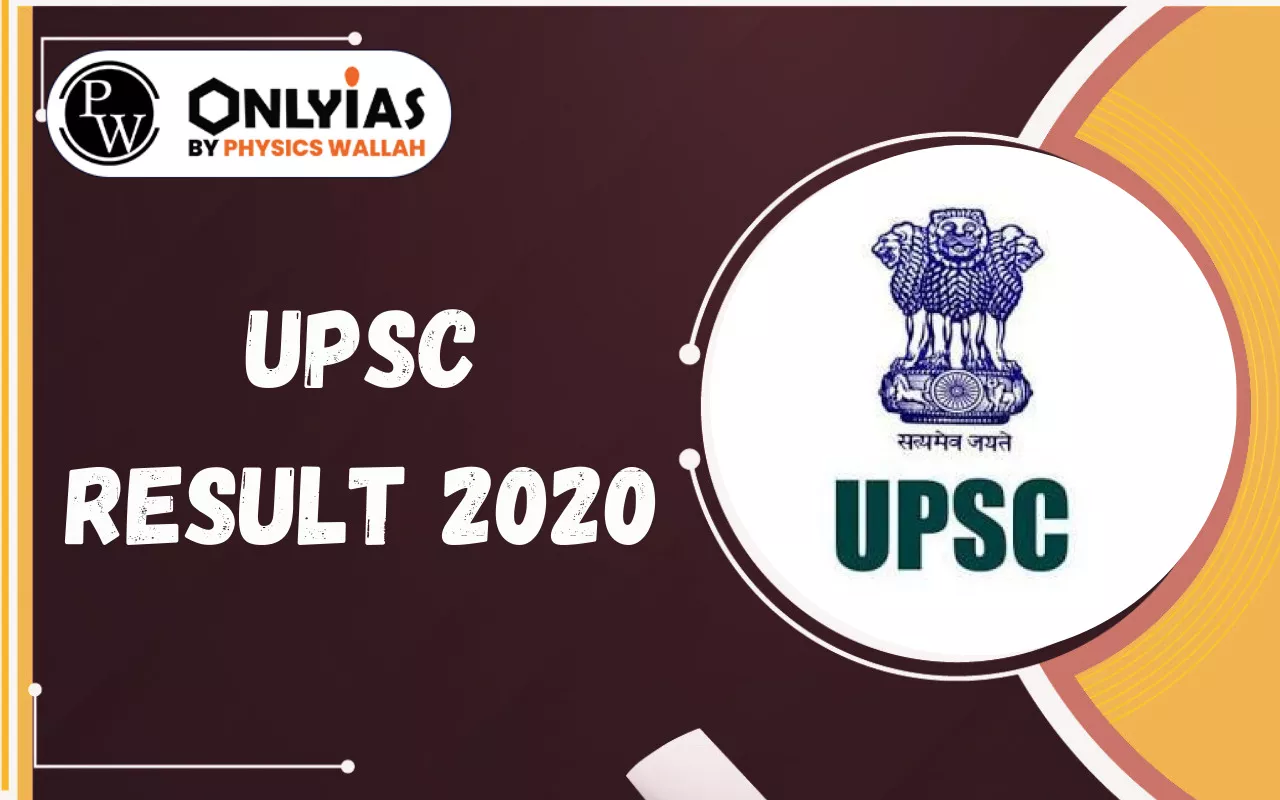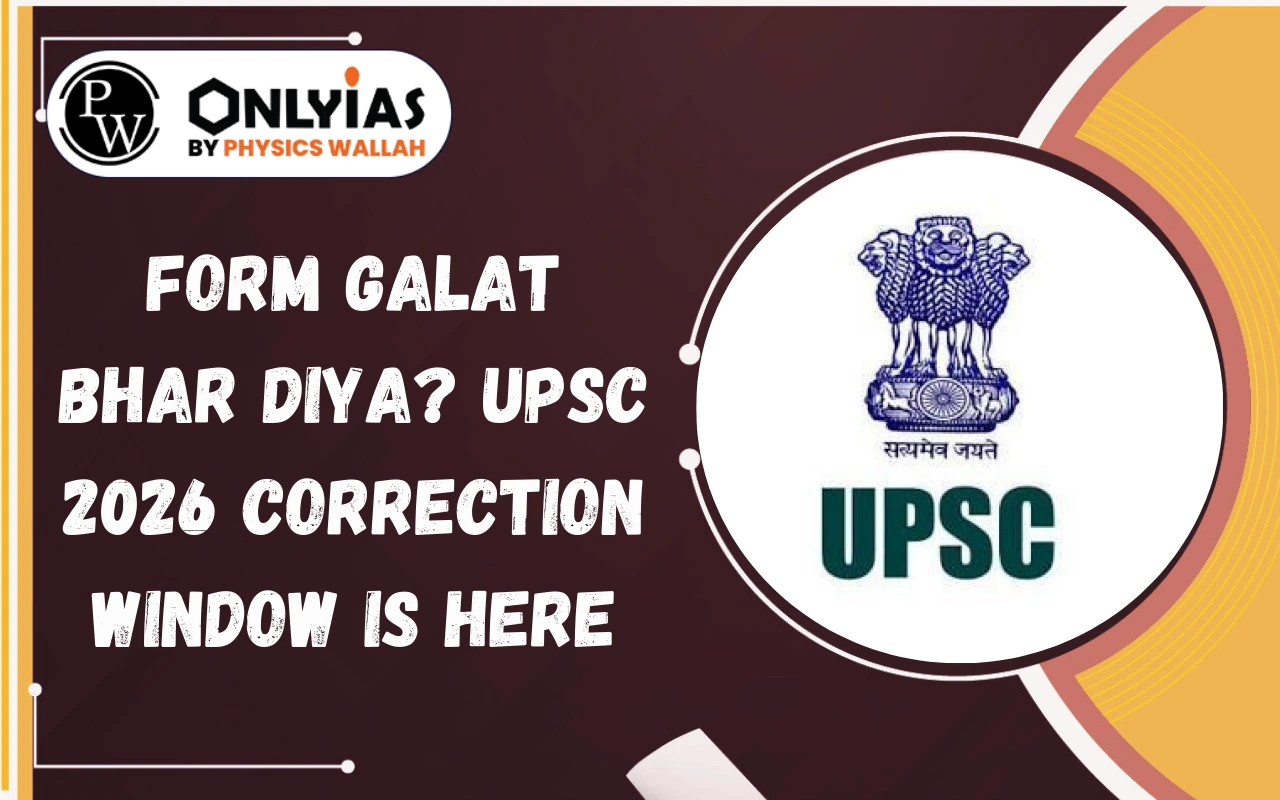The UPSC full form is Union Public Service Commission, and the IAS full form is Indian Administrative Service. The key difference between UPSC and IAS lies in their roles. UPSC is the central recruiting body that conducts various national-level examinations, including the Civil Services Examination (CSE), while IAS is one of the top services that candidates can join after clearing the UPSC exam. In simple terms, UPSC is the organization that selects candidates, and IAS is one of the recognized positions offered through it. Many aspirants search for both the UPSC full form and the IAS full form to understand how the recruitment process works, where UPSC is the examiner and IAS is one of its most prestigious result.

 GS Foundation
GS Foundation Optional Course
Optional Course Combo Courses
Combo Courses Degree Program
Degree Program



